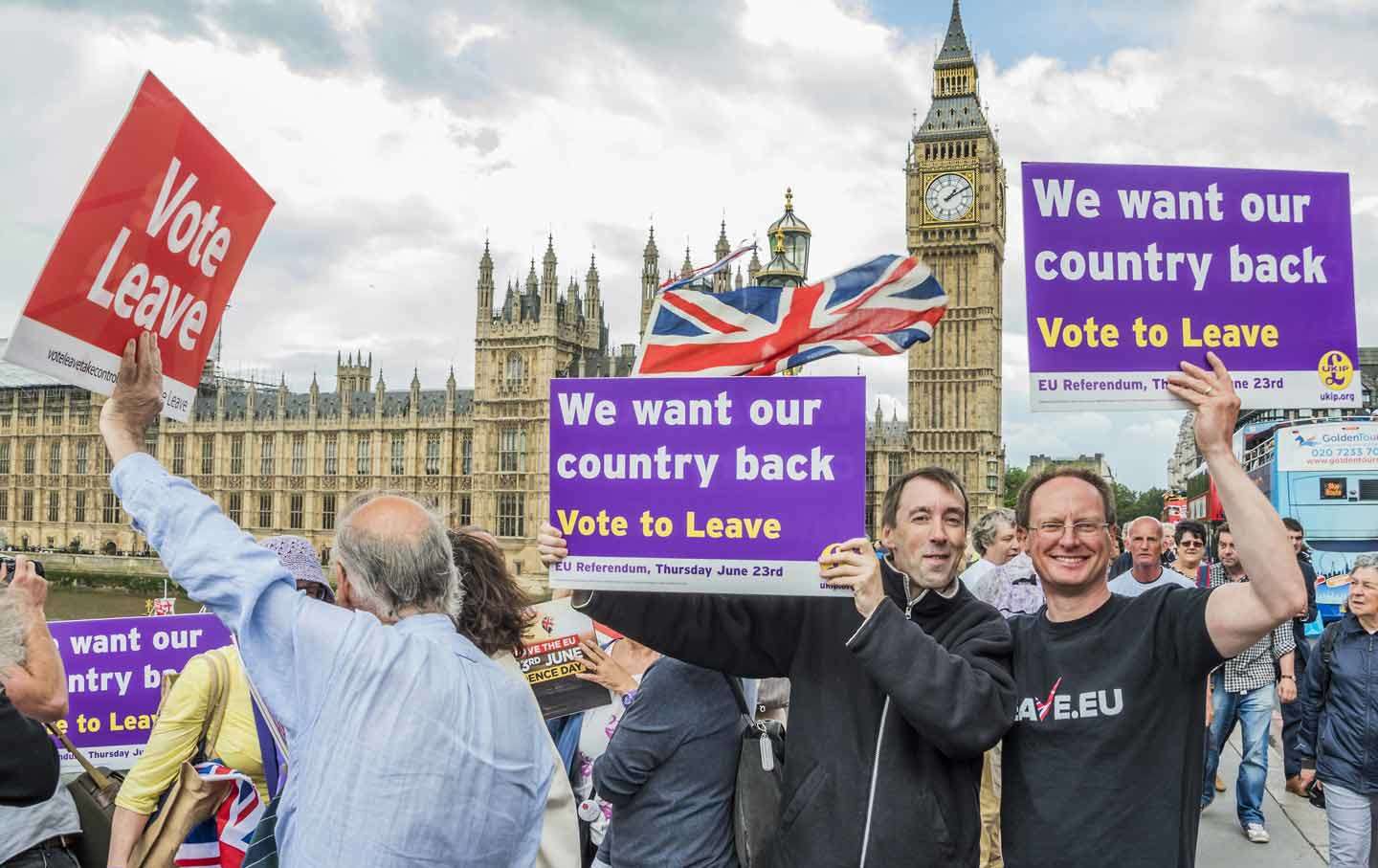At Open Democracy, Mike Wayne finds the source of illiberalism is liberalism’s own internal tendencies. In his account, liberalism emerged historically from the idea of a free market, but eventually learned in the early twentieth century that free markets can inhibit social freedom. So it turned to the state to counterbalance unfettered capitalism. But according to Wayne, present-day liberalism has forgotten this lesson, and far right movements are feeding on the resulting economic discontent. Here’s an excerpt:
Rather than an honest assessment of its own complicity in the current crisis, liberalism risks doubling down on its commitment to an economic model that generates illiberalism. We can learn a lot about liberalism by looking at its historical development in order to understand where it is today and the possibilities and indeed the necessity in trying to pull liberalism to the left. For liberalism itself, the ability to learn from its own historical experiences, is a first priority if tragedy or farce is to be avoided …
The late-nineteenth century and early decades of the twentieth century was a period when liberalism had the courage to recognise that some of its previously most cherished values and assumptions were inadequate, that means and desired social ends, did not connect up. Liberalism discovered that the capitalist market in labour power and goods was in many ways, profoundly irrational and dangerous to collective wellbeing. Liberalism discovered that the capitalist market in labour power and goods was in many ways, profoundly irrational and dangerous to collective wellbeing.
Where is that capacity today to reflect on historical experiences and change course? Where is the political imagination to do more than tinker with economic liberalism? In the wake of Brexit, merely blaming its conservative and leftist antagonists for the current crisis, as in the decrying of ‘populism’, falls well short of the critical introspection and change liberalism needs.
